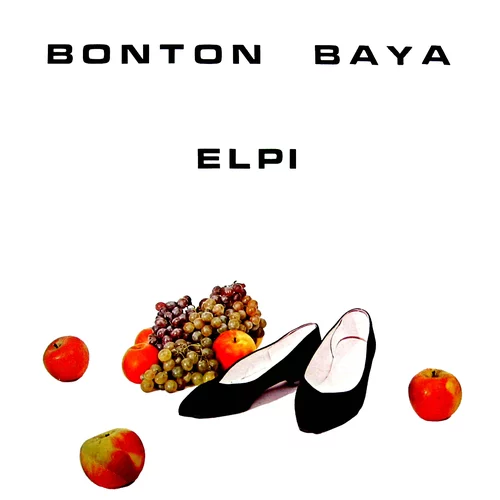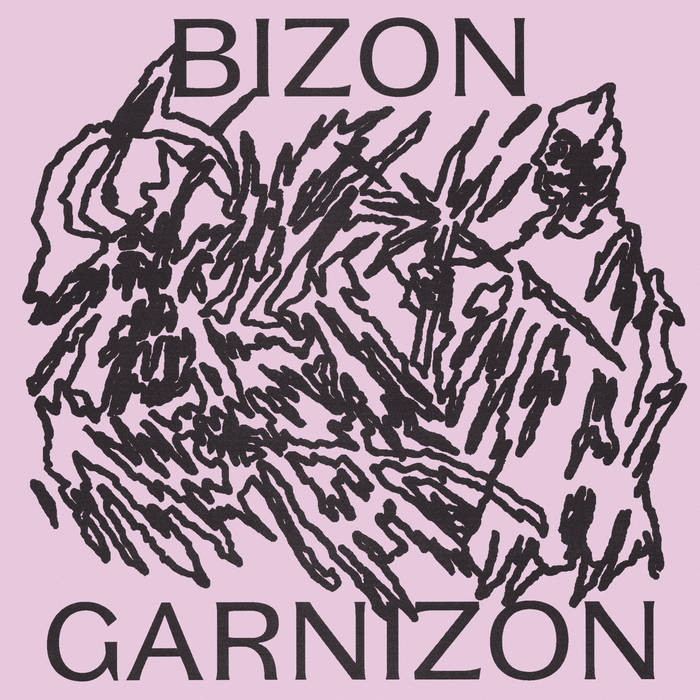Bonton Baya were a different breed of band in early ’80s Sarajevo. While much of the new wave scene across Yugoslavia thrived on raw energy, irony, and experimentation, Bonton Baya carried themselves with an air of intellect — the most “educated” of the lot. On paper, they could have been an academic think-tank. Instead, they made Elpi (1982), a witty, eccentric debut recorded at RT Sarajevo and produced by Nenad Jurin.
It’s an album that brims with ideas. At times, it crackles with sharp, catchy new wave hooks; at others, it spirals into art rock experimentation that channels Bowie’s theatrics. And like many debuts, it shows both the spark of something fresh and the flaws of a band still figuring out its voice.
The opener Banditski Je sets things off with a fun, light-hearted new wave swing. The production is raw, but there’s a playfulness that hints at what Bonton Baya could be. Then Nipon Elektronik really ups the ante — tense basslines and synths build suspense before it explodes into one of the most infectious choruses on the record. The Japanese brand name shouts at the end (“Suzuki!”), giving it a satirical bite. For me, it’s the clear standout, playful but also darkly compelling, the kind of song that makes you sit up and listen.
From there, the album stretches itself in different directions. O Vremenu Prošlom and Upoznaj lean into art rock territory — the latter especially channels Bowie, both in vocal delivery and in its fusion of new wave with more experimental edges. Ljubavna Žalopojka feels almost operatic in its opening, dramatic and tense. Prestajem Da Dišem too goes full Bowie, grandiose and theatrical, while still rooted in that Ex-YU new wave sound.
But not everything lands. Tracks like Ah Frustracije or Vodeni are enjoyable but derivative — they could sit comfortably on any number of early ’80s new wave records without standing out. And the inclusion of country-flavoured numbers like Kraj Radne Nedelje and Sarajevo, Texas, Nashville, Tennessee feels more like inside jokes than essential songs, breaking the album’s flow and atmosphere.
There are moments, though, where their experimentation pays off. Logoraš begins with a fascinating guitar effect, ping-ponging between ears, and moves into a colder, post-punk feel with monotone vocals that actually work in its favour. Forte Fortisimo plays parody again — this time with Italian operatic clichés — and while it’s more of a witty exercise than a track you’d revisit often, it shows the band’s sharpness and sense of humour.
Listening to Elpi today, it’s clear Bonton Baya were bursting with potential. They were clever, ambitious, and not afraid to poke fun at stereotypes or to experiment with genre. But it’s also a record that sometimes feels disjointed, its strongest ideas diluted by uneven production and tracks that don’t quite land. For me, it sits in the same space as U Škripcu’s Godine Ljubavi — abstract, witty, and inventive, but not entirely cohesive.
Bonton Baya never made it beyond Elpi, and perhaps that’s part of the charm — one snapshot of a Sarajevo band brimming with intelligence, wit, and flashes of brilliance. A flawed but fascinating record.


